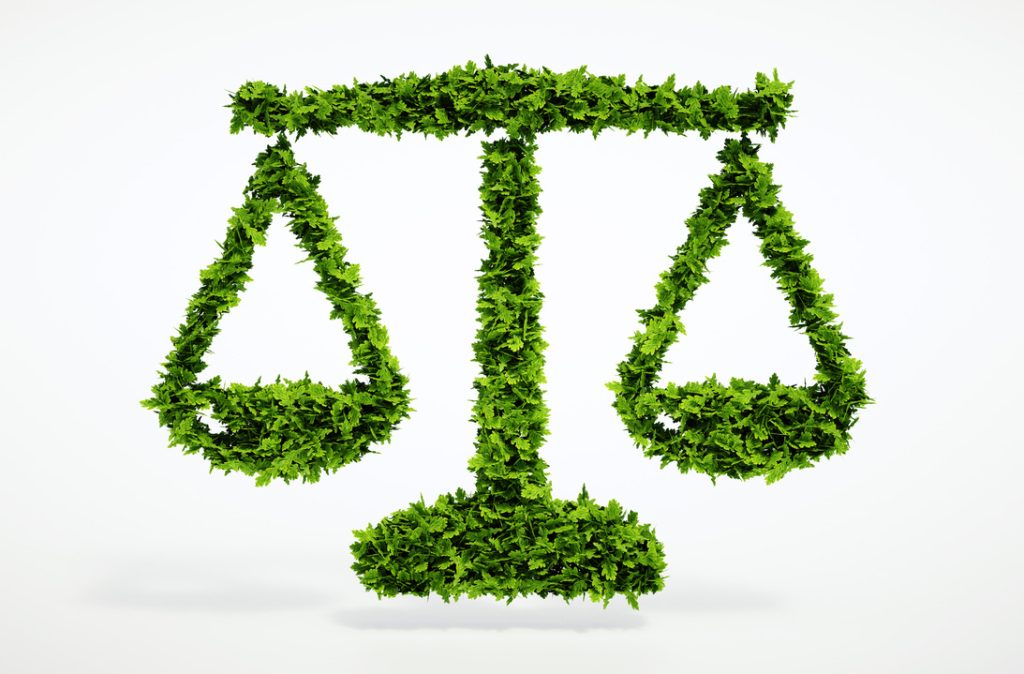UCL-KCL Environment Law Symposium
I attended the UCL-KCL Environment Law symposium on 21 February 2020 at the UCL Faculty of Laws. The event was chaired by Professor Maria Lee. As Environmental Law is always a hot topic, I was interested in hearing what the speakers had to say.

The symposium was a full day event and it included varied panel discussions; so plenty to interest those who had interests in different aspects of Environmental Law. The main focus of the event was Environmental Law Scholarship and its importance. The panelists were all current PhD candidates researching on issues related to Environmental Law which I found to be intriguing.
The opening keynote was given by Professor Maria Lee of UCL and in her seminar, she mainly emphasised the role of politicians in environmental issues and how science should be respected and politics be set aside. One of the important points she mentioned was about the rise of right wing populism, as it rejects the expertise and the traditional norms of honesty in the political debate. She went on to discuss the role of experts as decision makers, while giving the example that expert advice on Brexit contradicted the lived experience of people voting for Brexit. She went further still, asking if the world is safe to study Science and technical studies, noting that the social constructionists would never ask for proof before anything is done.

Next I chose to attend the talk on Environment Law and Governance, as it looked to focus more on the political side of the debate. This talk was again chaired by Prof. Maria Lee and the panelists were the PhD students including Ayese Sezgin – PhD Candidate at King’s College London Dickson Pool School of Law, Idabela B Espindola, Visiting PhD Researcher, Kings College London, Dr. Yann Prisner-Levyne, Senior Research Fellow, Max Planck Foundation.
Ayese spoke about the Nexus phenomenon as a useful concept to understand that each and every resource is interrelated all around the world and how this concept may contribute to the environmental justice in environmental legal scholarship. She noted the phenomenon being recent, in the sense that due to the recent developments, it has become broader in its scope as the nexus includes food, water, energy and climate. She further gave the example of private actors such as Nestle and Coke who are intensive users of waters, and despite being contributors to the economy, there have been equity issues. I found it interesting since it was about the sustainable management of resources and the examples were interesting too.

She also spoke on REDD+. REDD stands for Reducing emissions from deforestation and forest degradation in developing countries and it aims at asking the developing countries to either reduce the Green House Gases emissions or to increase the forest conservation and expansion in order to remove the Green House Gases from the atmosphere. She mentioned the key barriers – firstly, the focus on particular commodity’s environmental externality. The second being the security issues between litigation and climate change. She also spoke on the importance of conserving the agricultural system through REDD+.
The second on the Panel was Idabela B Espindola, who spoke on the issue of international legal regimes for environmental protection especially the governance for the trans-boundary natural resources in La Plata Basin in South America. As it is one of the largest basins in the world and second largest in South America, the area of the basin includes parts of Brazil, Argentina, Urguay, etc. Espindola posed a question on the challenges that are faced by the trans-boundary natural resources governance in order to assure a safe, clean, health and sustainable environment to their people.

Dr. Yann Prisner-Levyne, presented his ideas on the research that he had conducted on the legality of tiger farming, trophy hunting and canned hunting (hunting of captive-bred animals) under international law. He spoke of the public reaction after the killing of Cecil the lion by a trophy hunter, and how this practice of trophy hunting with justification on the basis of ethicalness and conservation is being questioned.
He further emphasised the point that there is no valid law in many jurisdictions around the world with regard to trophy hunting; there being only secondary legislation such as CITES. These conventions only regulate the trade of trophies of endangered species internationally if certain conditions are met. Prisner-Levyne made it clear that there is a need to make further regulations in this regard.

To conclude, panelists had much to suggest as to how governance can be improved in a variety of different cases and situations. It was intriguing to find out more regarding the law and animals, particularly at a time when the coronavirus outbreak suggests changes are needed to prevent future transmittance.
Many thanks to Tamanna Arora, LLM student at the City Law School for this review.
